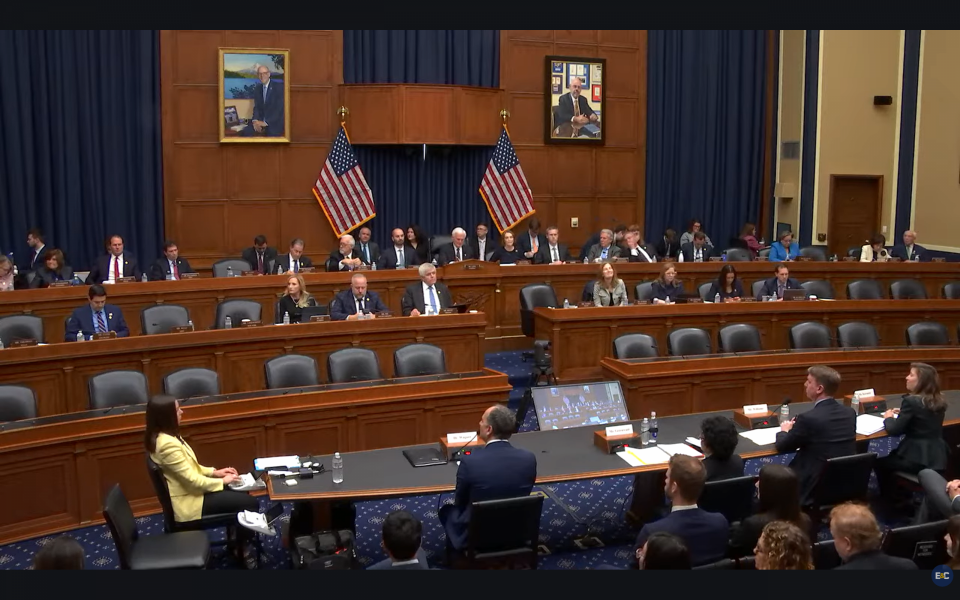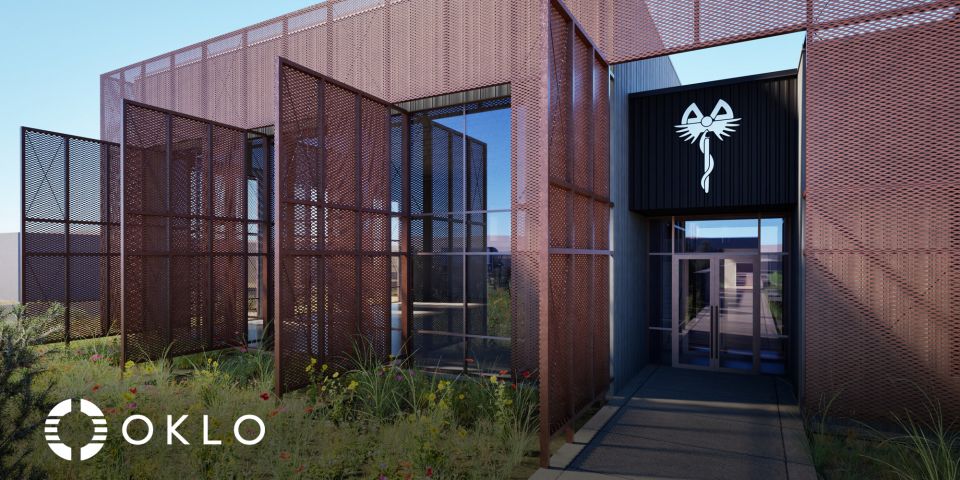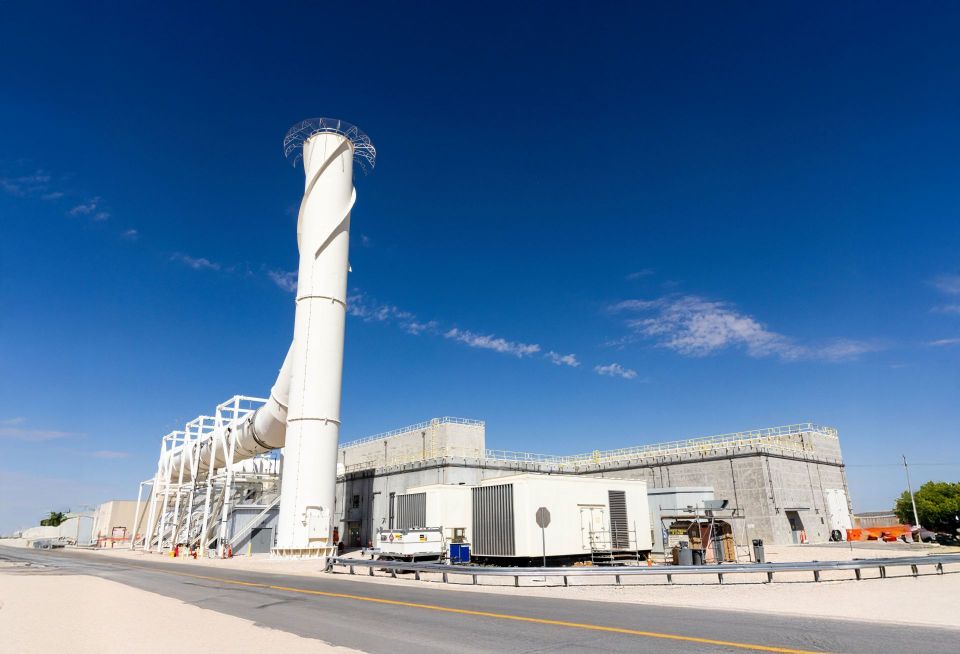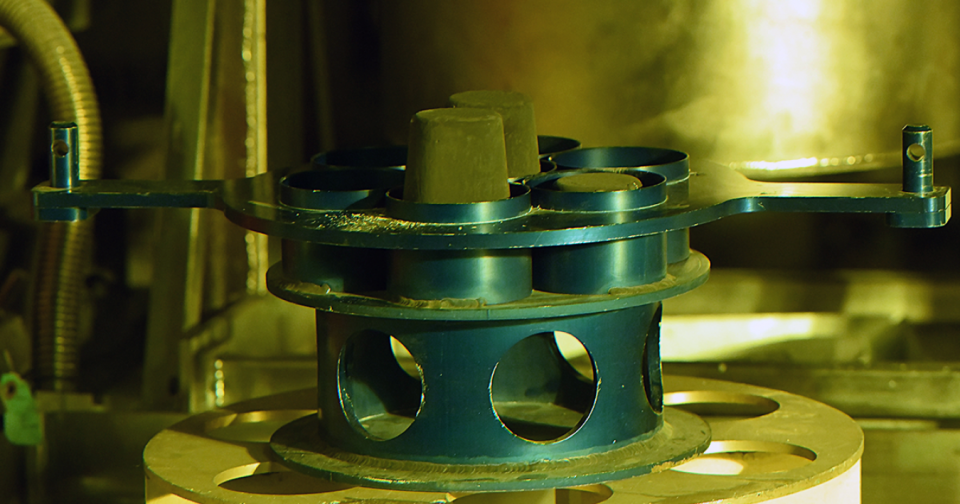New HALEU technologies could get $80 million for R&D and demonstrations
The Department of Energy has offered up to $80 million of Inflation Reduction Act funding to back potential advancements in high-assay low-enriched uranium production. The new funding opportunity, announced in December, will prioritize technological advancement developing innovative technologies and approaches to strengthen the front-end of the HALEU supply chain. Applications are due by 5:00 p.m. (EST) on February 26, 2025.

-3 2x1.jpg)
.png)




